The Ministry of Health requested the People's Committees of provinces and centrally run cities to strengthen prevention of monkeypox in their localities.
In 2024, especially in the last 2 months, the World Health Organization (WHO) recorded an unusually high increase in the number of monkeypox (mpox) cases in the Democratic Republic of Congo.
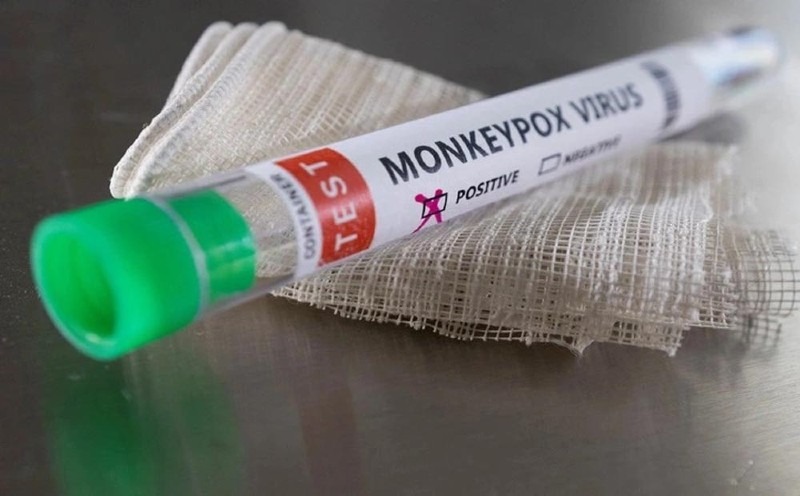 |
| The Ministry of Health requested the People's Committees of provinces and centrally run cities to strengthen prevention of monkeypox in their localities. |
Faced with the developments of this monkeypox ( mpox) epidemic and the risk of spreading to other countries, the World Health Organization (WHO) declared a public health emergency of international concern (PHEIC) for the mpox epidemic on August 14, 2024.
Since the beginning of the year, the country has recorded about 15,600 cases, including over 537 deaths; the clade Ib mpox virus is the dominant branch in the epidemic in this country.
Initial findings show that some epidemiological characteristics of the disease are different from those of the previous outbreak in 2022-2024 in the European region and some other countries, such as younger cases (about 50% under 15 years old, about 39% under 5 years old), transmission through female sex workers (7.5%) and infection among household members.
To proactively monitor, detect early cases of mpox disease in the country and infiltrate, control the epidemic promptly to prevent widespread outbreaks, and minimize the number of cases and deaths, the Ministry of Health requests the People's Committees of provinces and centrally run cities to pay attention to directing; the Institutes of Hygiene and Epidemiology/Pasteur and the final hospitals treating infectious diseases to immediately deploy the following activities:
The People's Committees of provinces and cities focus on directing departments, branches, agencies and units in the area to continue to strictly implement the directions of the Government and the Prime Minister on strengthening the prevention and control of monkeypox and guidelines for monitoring and preventing monkeypox; diagnosing and treating monkeypox; preventing monkeypox infection in monkeypox examination and treatment facilities of the Ministry of Health.
Strengthen surveillance to detect suspected cases right at the border gate; proactively monitor at medical examination and treatment facilities, pay attention to integrating surveillance and prevention with HIV/AIDS prevention and control activities, monitor at medical examination and treatment facilities for gynecology, dermatology, public and private medical facilities providing HIV/AIDS prevention and control services.
In addition, organize training for medical staff at all levels on monitoring, prevention, care, treatment, and prevention of mpox infection.
Review and update plans and scenarios for disease prevention and control according to situations to be ready to respond when an epidemic occurs in the area; prepare medicines, equipment, human resources, and funding to implement measures for admission, treatment, and disease prevention and control.
Strengthen information and communication on measures to prevent and control Monkeypox epidemic according to the recommendations of the Ministry of Health (attached), focusing on communication for high-risk subjects.
At the same time, regularly organize inspections, supervision, and direction of epidemic prevention work in localities. Timely report suspected cases of monkeypox at the website address: https://macabenh.vncdc.gov.vn/?mod=monkey (support phone: 0387525938).
Institutes of Hygiene and Epidemiology/Pasteur, and end-line hospitals treating infectious diseases need to analyze, evaluate, and closely monitor the monkeypox epidemic situation in localities to promptly detect new and unusual cases, clusters of cases, sources of infection, and pathogens (if any). Proactively report and advise the Ministry of Health to implement epidemic prevention and control measures.
Review and prepare equipment, biological products, and testing techniques for diagnosis and treatment; continue to organize training and support localities in monitoring, handling outbreaks, and treating infected cases; support sample collection and diagnostic testing techniques; proactively prepare drugs, equipment, human resources, and funding to implement measures for classification, admission, treatment, prevention, and control of epidemics.
Typical symptoms of monkeypox include: Fever, headache, muscle aches, back pain, swollen lymph nodes, chills, fatigue, a rash that may look like blisters on the face, inside the mouth, or on other parts of the body such as the hands, feet, chest, genitals, or anus. The disease can go away on its own within 2-3 weeks.
The disease is transmitted directly through close contact with an infected person (contact with bedding, clothes, towels, secretions, respiratory droplets, rubbing, scratched skin, sexual intercourse, etc.).
Monkeypox is transmitted mainly from person to person by direct contact with monkeypox rashes, sores, or scabs; sexual contact of any kind; or touching the genitals or anus of a person with monkeypox;
Hugging, massaging, kissing; close contact with respiratory droplets or oral fluids of a person with monkeypox; contact with surfaces used by a person with monkeypox or personal items of the sick person such as clothes, bedding, towels, eating utensils, etc.
For the people, to proactively prevent monkeypox in our country, the Ministry of Health has issued recommendations. Specifically, cover your mouth and nose when coughing or sneezing, preferably with a cloth, handkerchief, disposable tissue or sleeve to reduce the spread of respiratory secretions;
Wash your hands with soap and clean water or hand sanitizer immediately after coughing or sneezing. Do not spit in public places. Wash your hands frequently with soap and clean water or hand sanitizer.
People with symptoms of acute rash of unknown cause accompanied by one or more suspicious symptoms should proactively contact a medical facility for timely monitoring and consultation. At the same time, they should proactively self-isolate and avoid sexual intercourse.
Avoid close contact with people with monkeypox. Avoid direct contact with wounds, body fluids, droplets, and contaminated objects and utensils.
In case there is someone at home/workplace who is infected or suspected of being infected, it is necessary to notify the medical facility for timely advice and treatment, do not self-treat.
People traveling to countries where monkeypox is endemic (Central and West Africa) should avoid contact with mammals (dead or alive) such as rodents, marsupials, and primates that may contain monkeypox virus. When returning to Vietnam, they should proactively report to local health authorities for advice.
Ensure food safety, practice a healthy lifestyle, increase physical activity, and improve health.
Source: https://baodautu.vn/giam-sat-dau-mua-khi-ngay-tai-cua-khau-de-phong-dich-d222768.html







![[Photo] Ministry of Defense sees off relief forces to the airport to Myanmar for mission](https://vstatic.vietnam.vn/vietnam/resource/IMAGE/2025/3/30/245629fab9d644fd909ecd67f1749123)
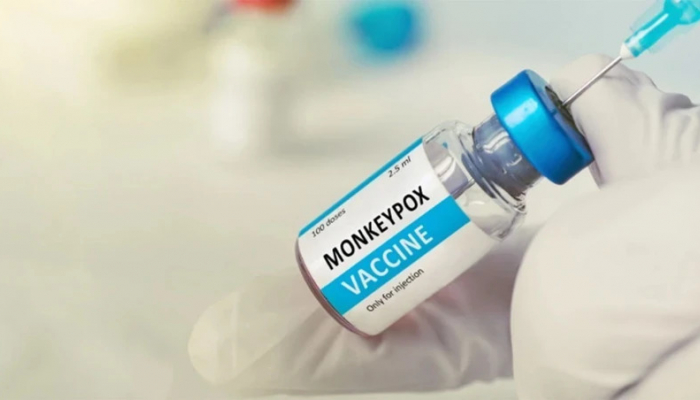

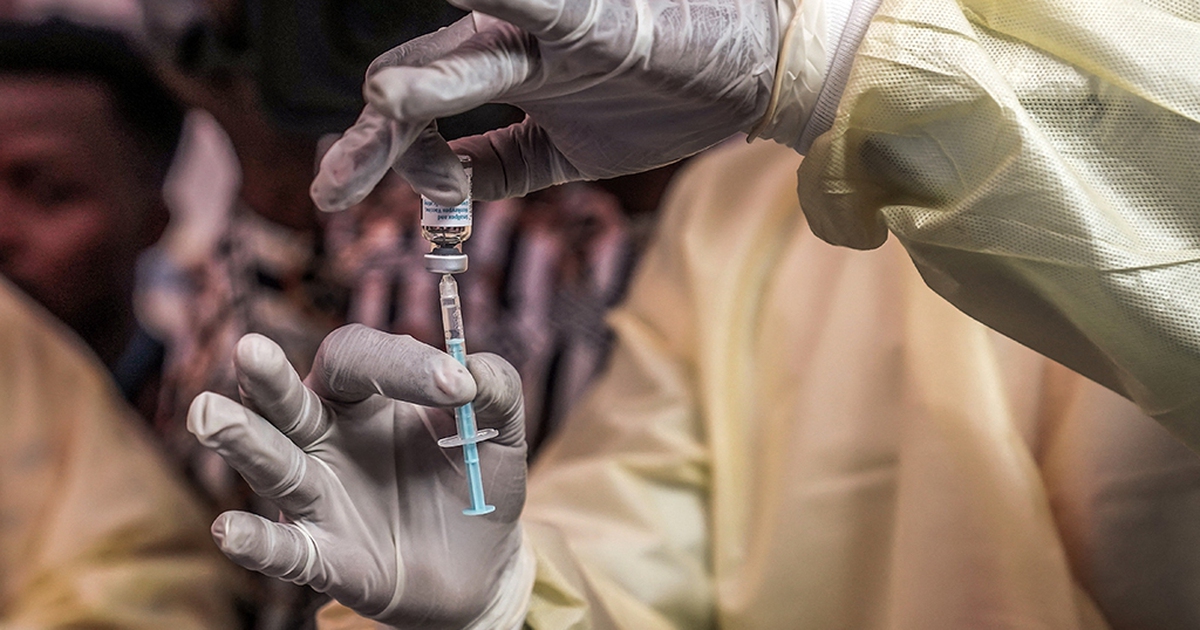

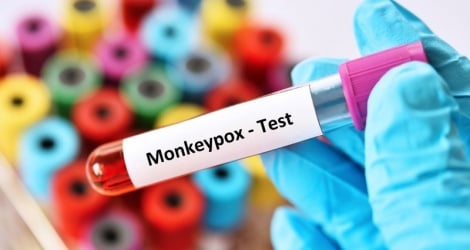
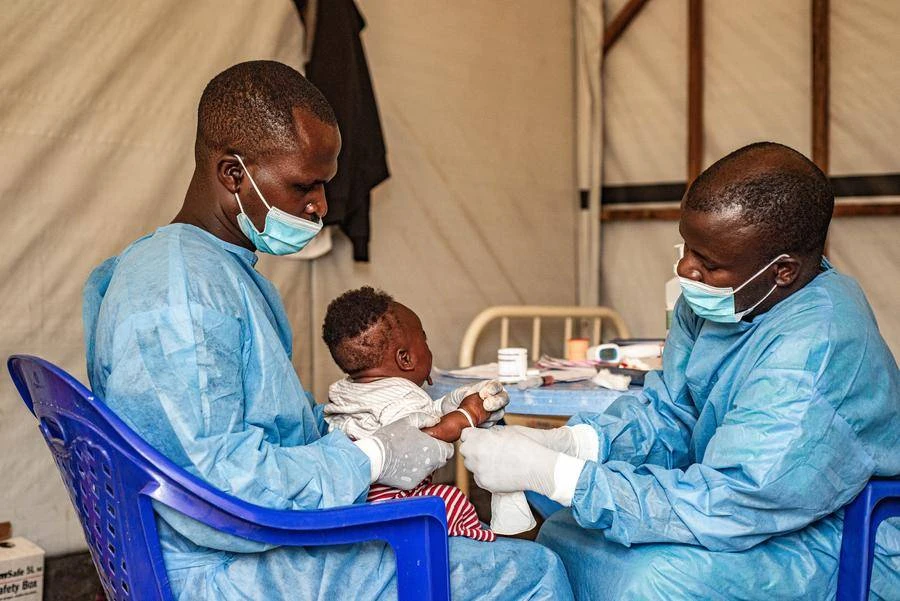

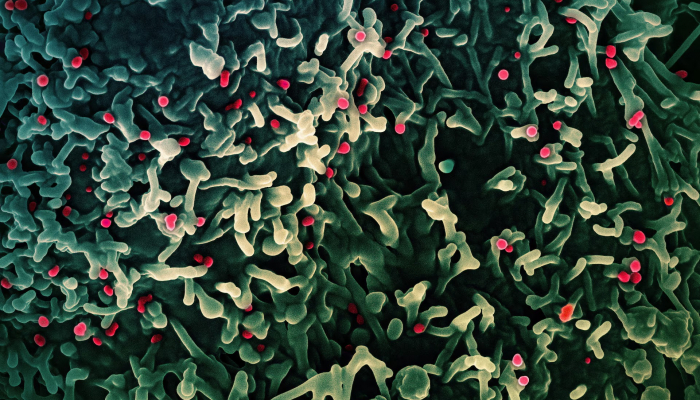
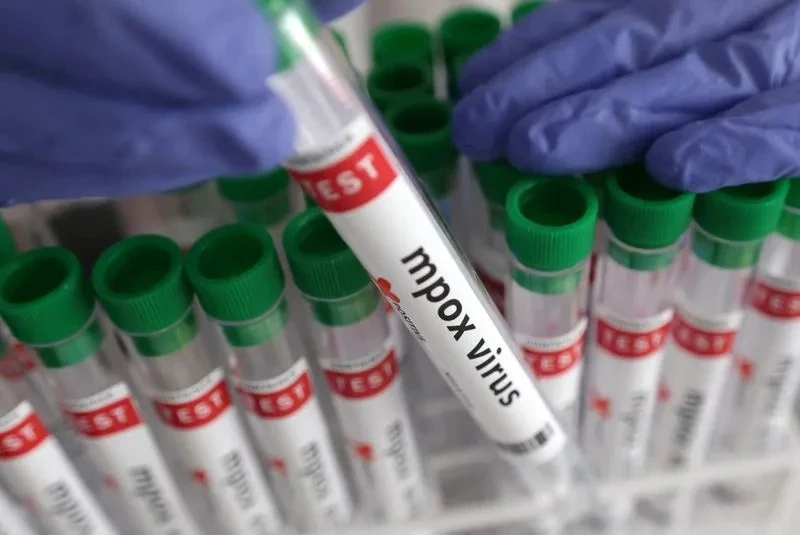
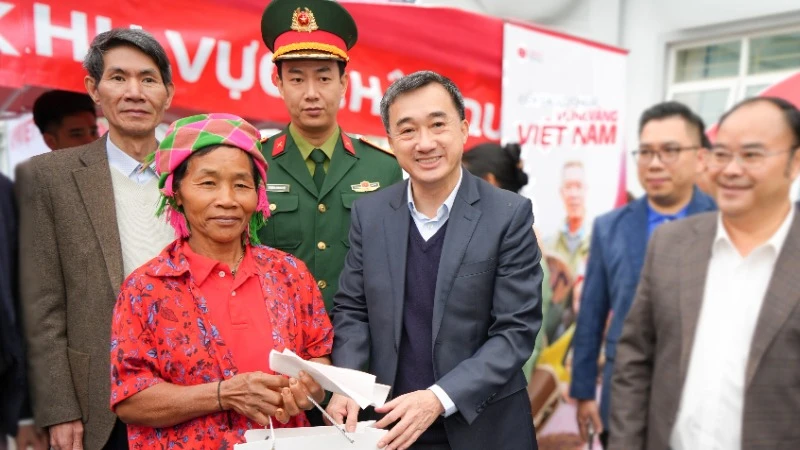

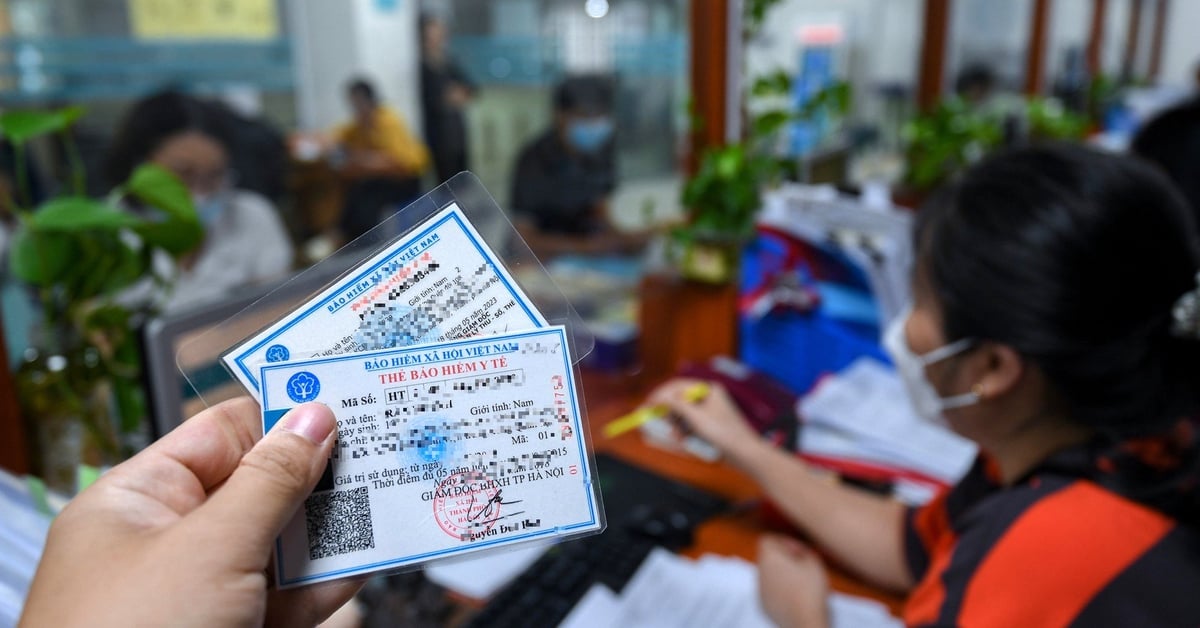
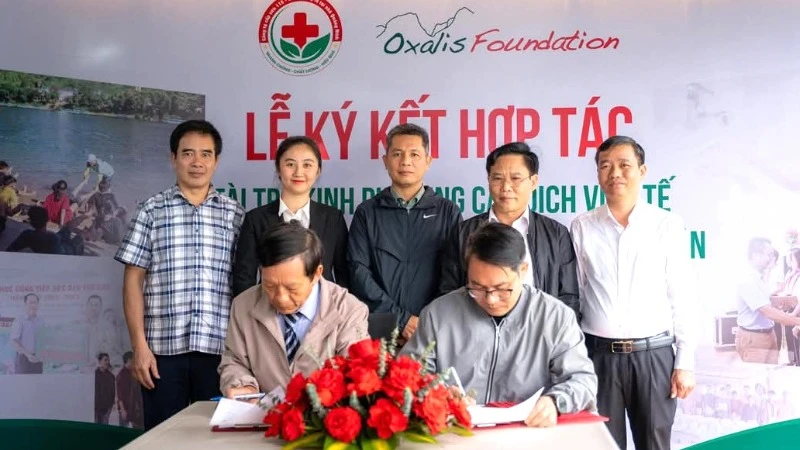

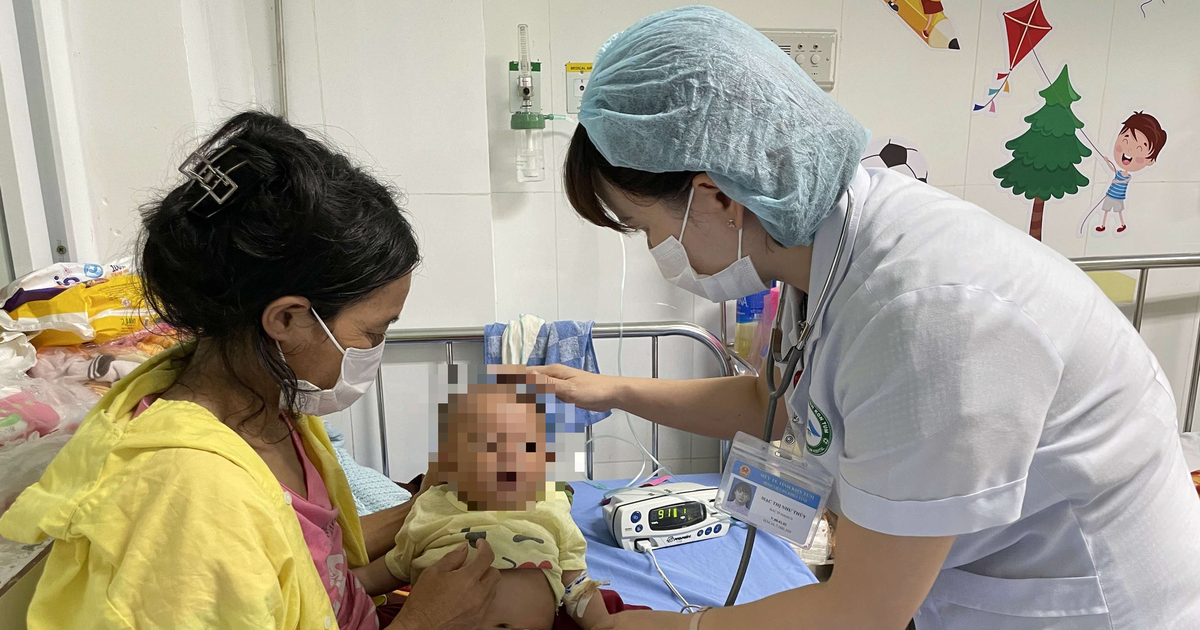







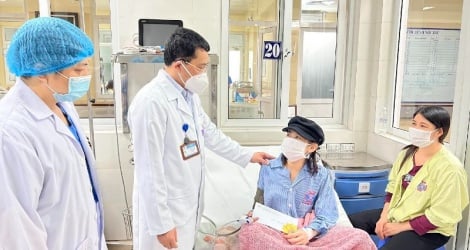

![[Photo] Prime Minister Pham Minh Chinh chairs meeting to remove difficulties for projects](https://vstatic.vietnam.vn/vietnam/resource/IMAGE/2025/3/30/7d354a396d4e4699adc2ccc0d44fbd4f)















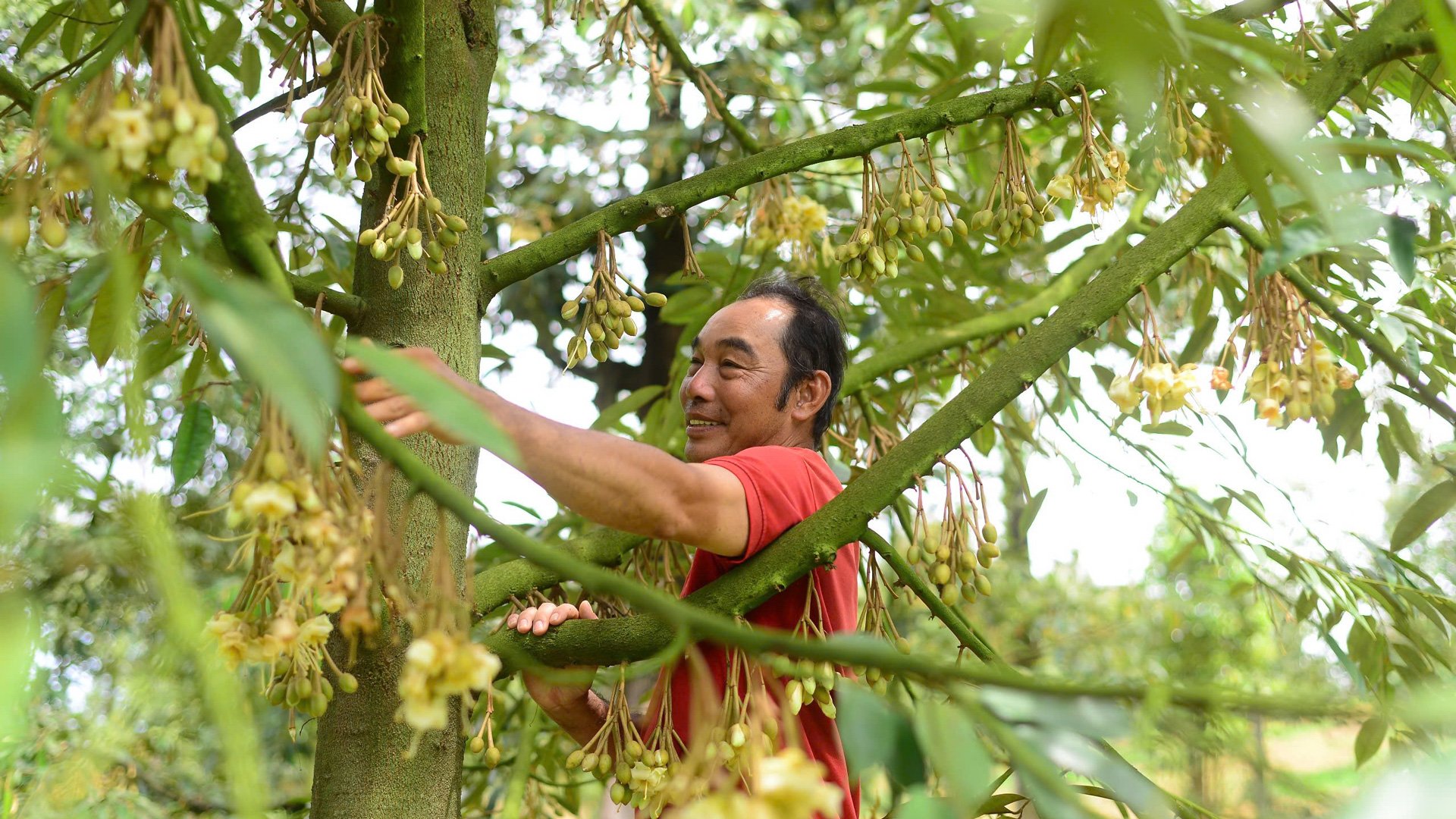

















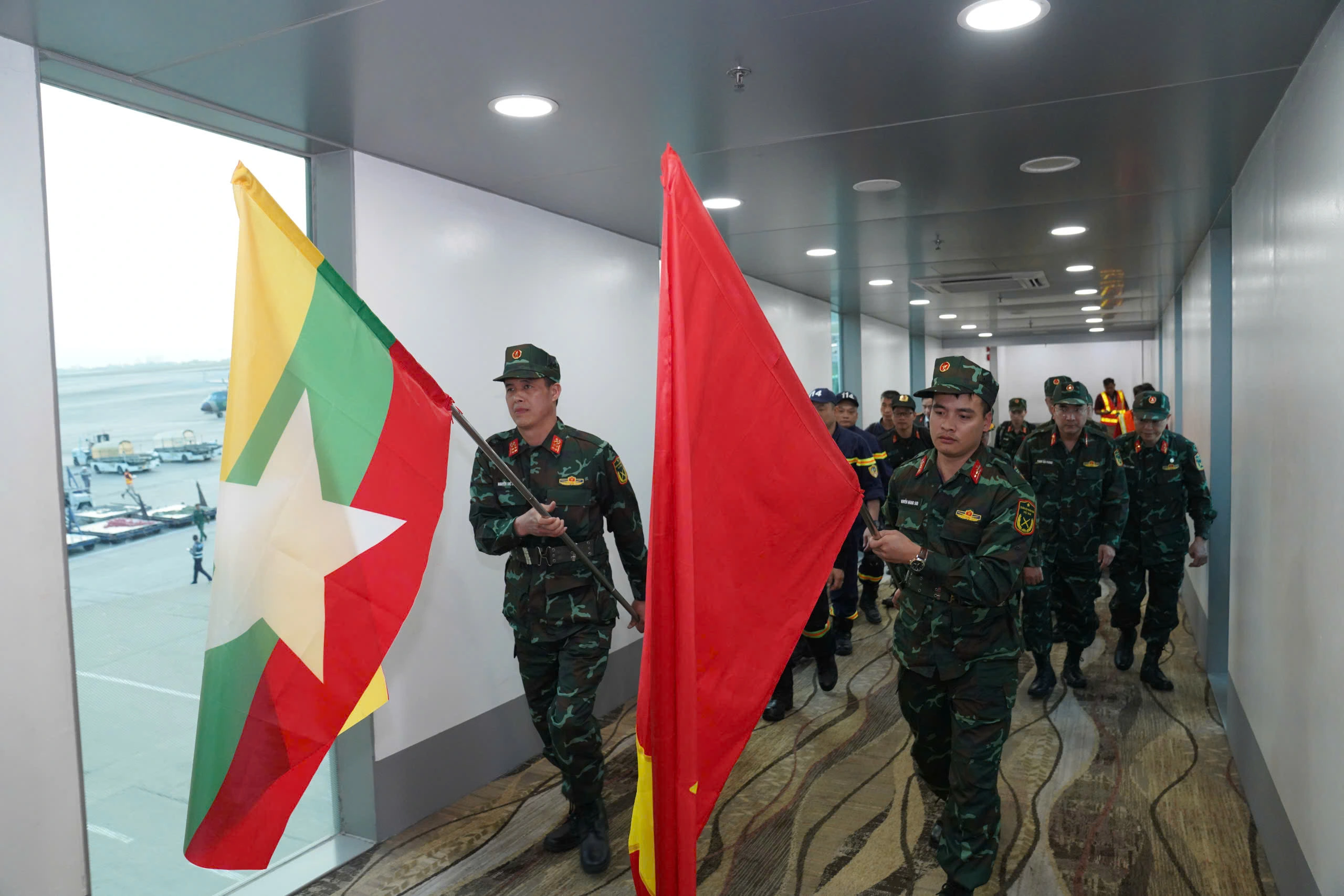




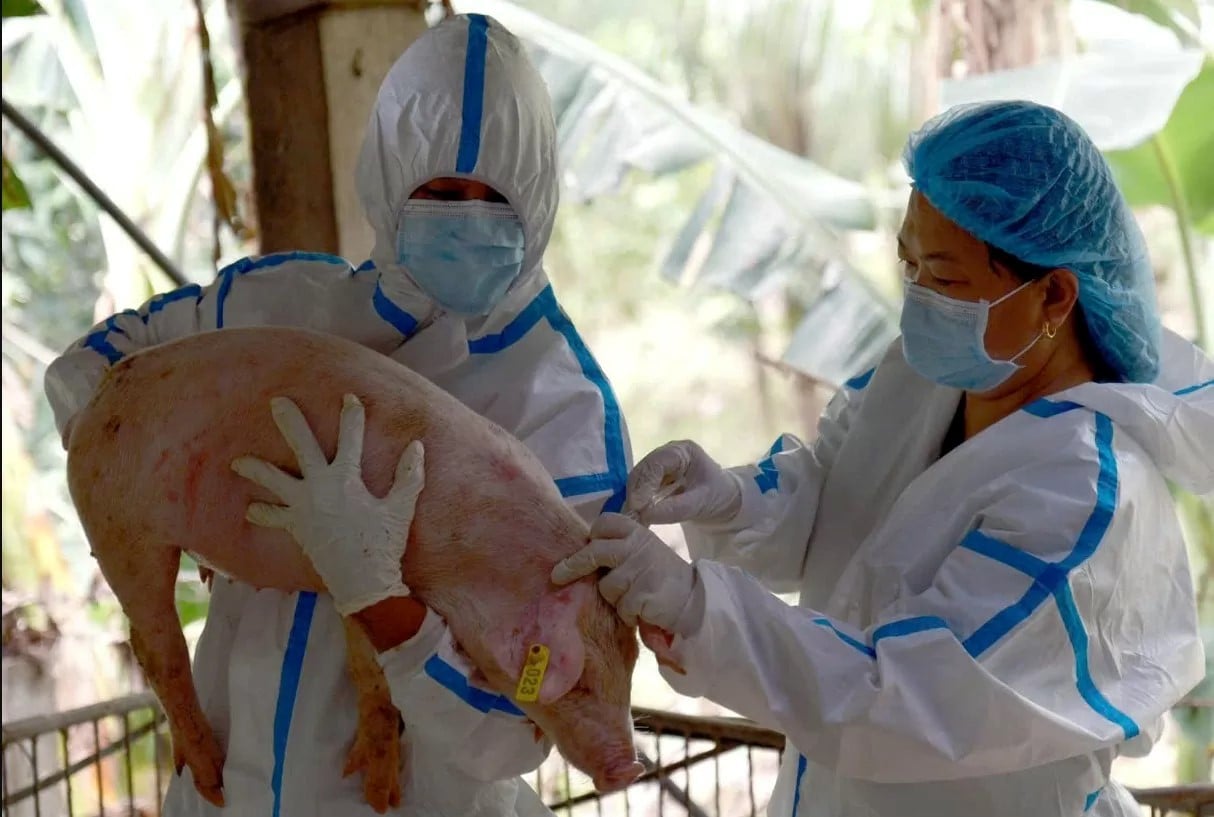





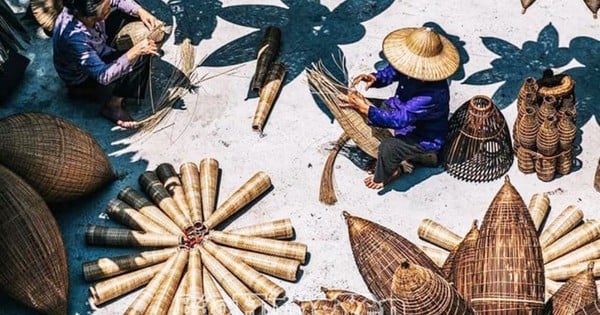
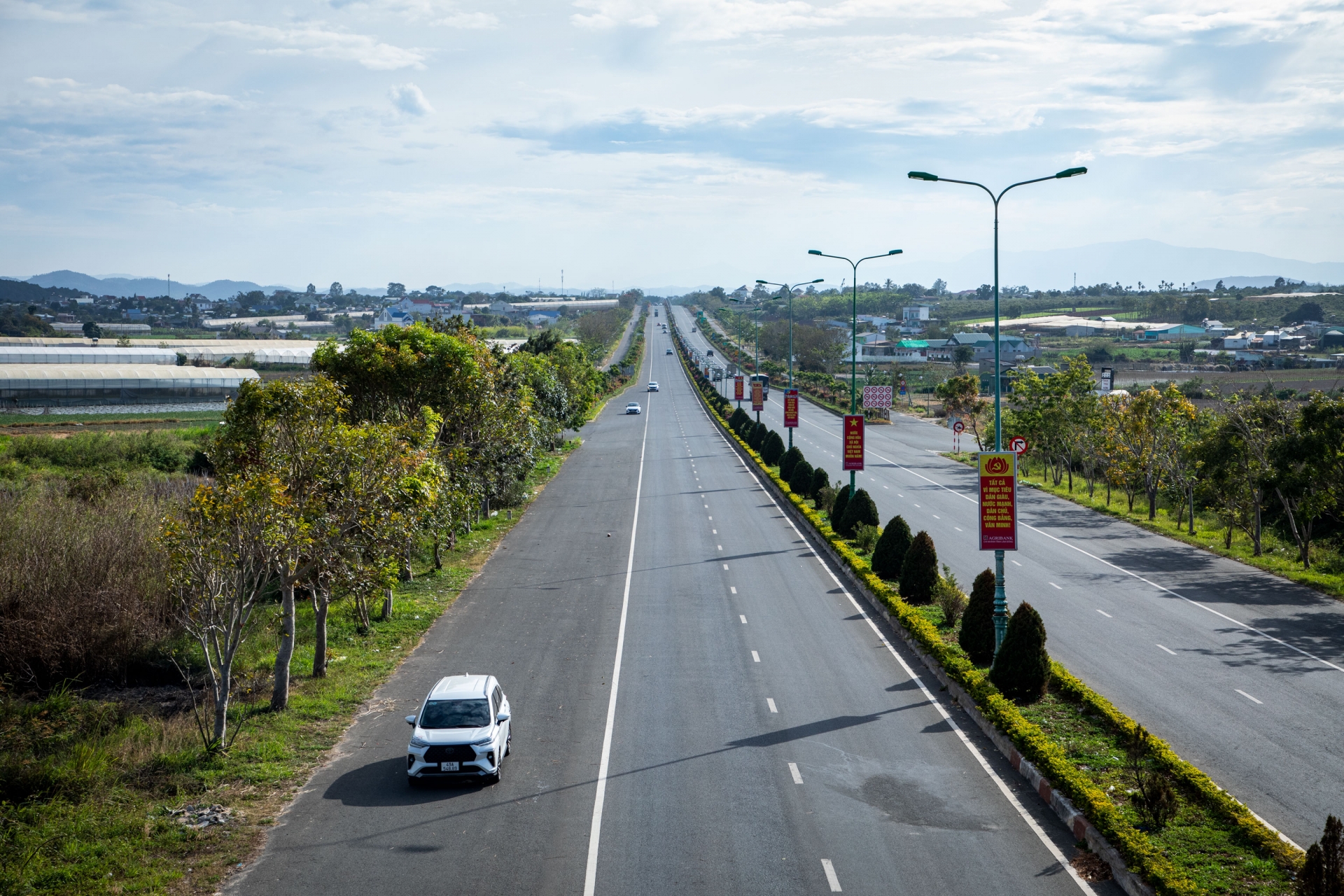
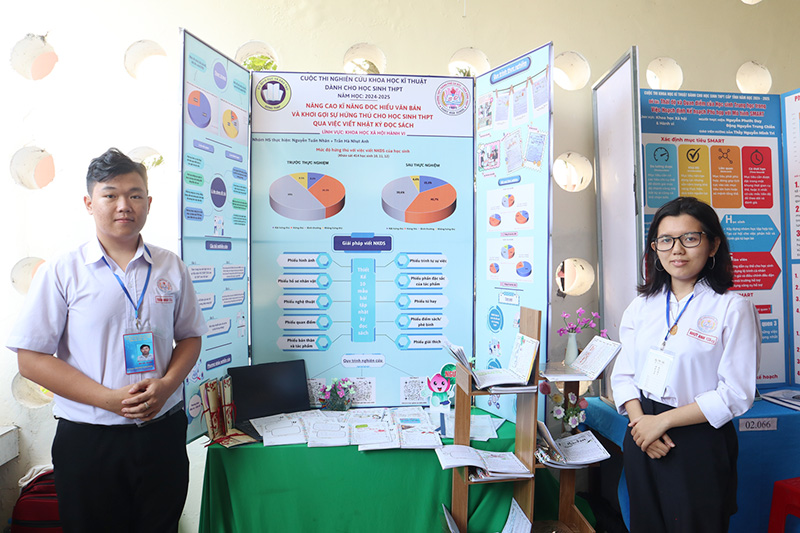

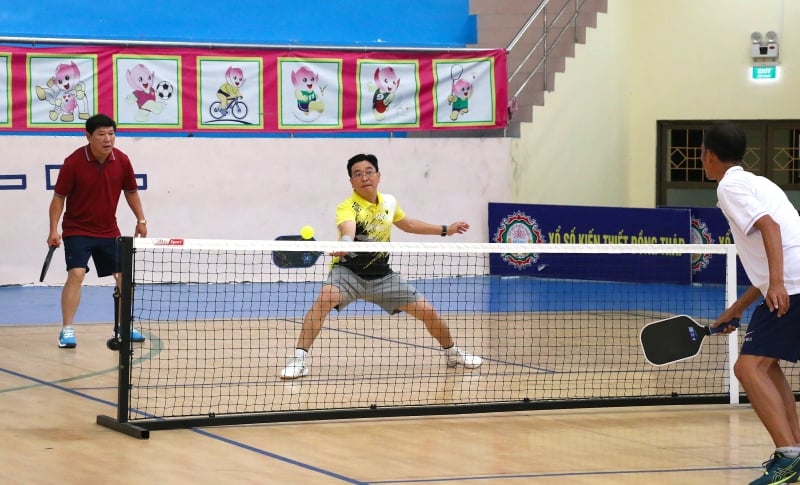
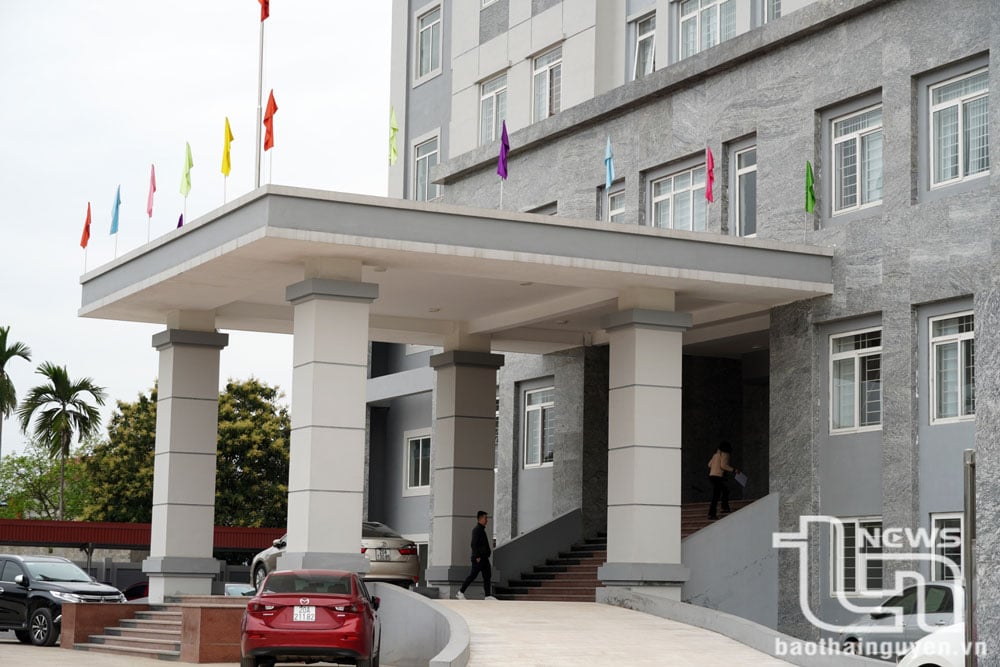



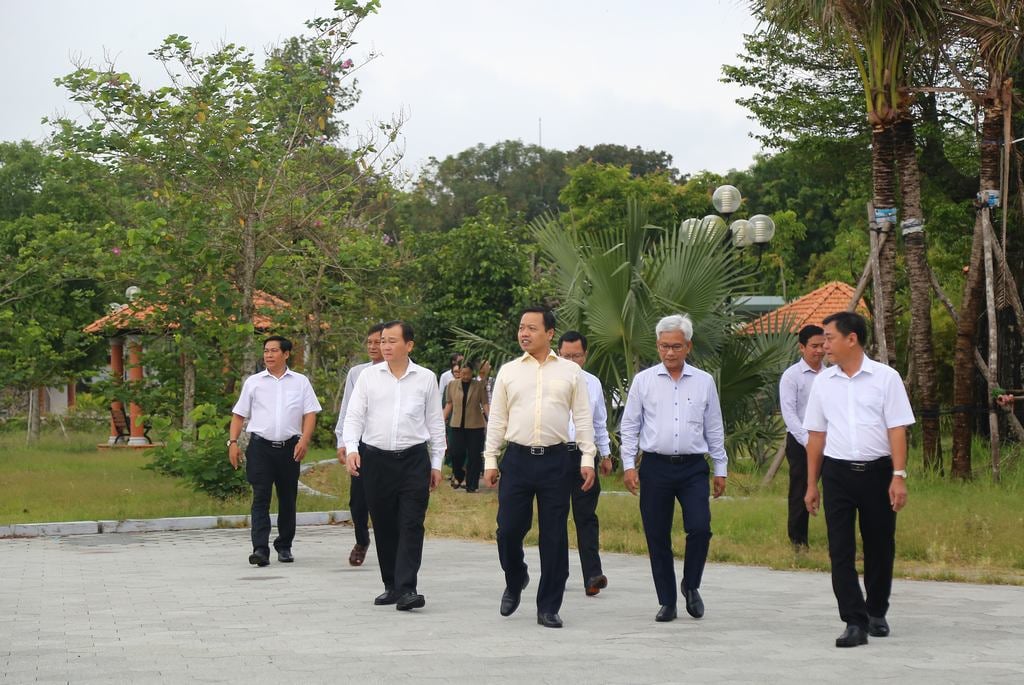








![[REVIEW OCOP] An Lanh Huong Vet Yen Cat](https://vstatic.vietnam.vn/vietnam/resource/IMAGE/2025/3/27/c25032328e9a47be9991d5be7c0cad8c)



Comment (0)